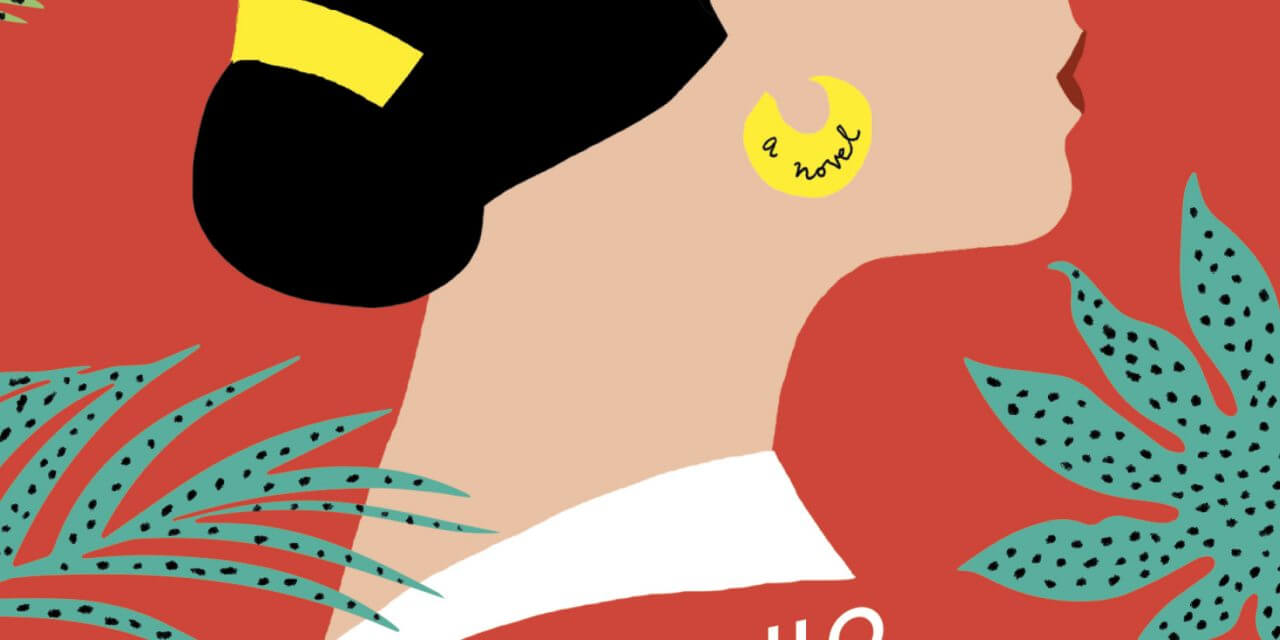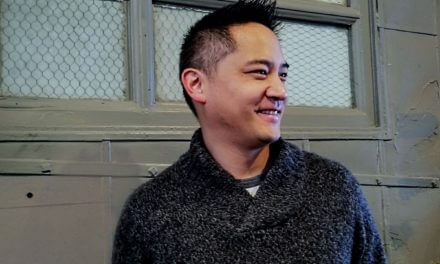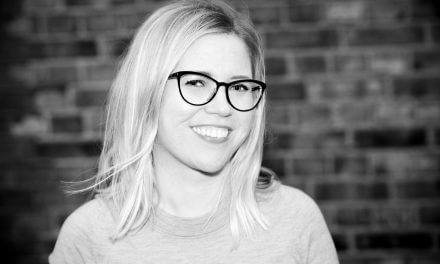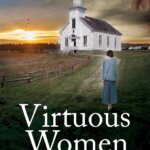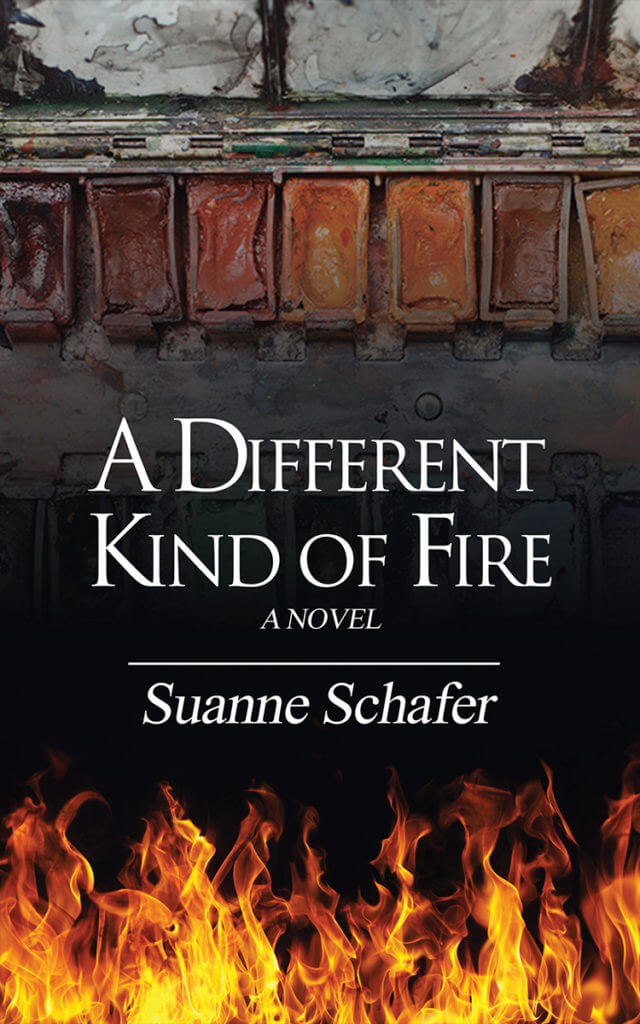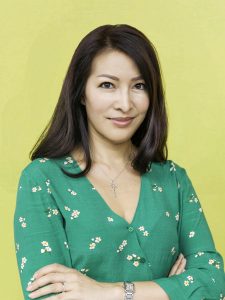
© Marvin Kho
Lauren Ho joins me today in a socially-distanced interview. She is a reformed legal counsel who writes funny stories. Hailing from Malaysia, she lived in the United Kingdom, France and Luxembourg before moving with her family to Singapore, where she is ostensibly working on her next novel. Last Tang Standing is not based on her mother. At all. Seriously.
SS: Welcome, Lauren. I was fortunate to have lived in Singapore back in the late 1970s and loved it—along with side trips to Malaysia and Thailand. I was such a nerd that I played Scrabble instead of gambling in the Genting Highlands. Let’s get started. What in your childhood contributed to you becoming a writer?
LH: I was surrounded by Penguin classics and other books in my household, and I was a quiet kid, preferring to read over interacting with others (explains a lot about me as an adult). My love of reading was encouraged by my family, who being (somewhat) typically Asian in this respect, did not see outdoor activities as being necessary. They thought it was perfectly fine that I read by myself all day or hung at libraries with my similarly bookish, studious friends, thus ensuring I would never be kidnapped or seduced by the lifestyle of local teenage gangsters. You know, typical Asian parent fears.
SS: We share a desire for solitude, Lauren. What’s the first book that made you cry? Made you angry? Made you rejoice?
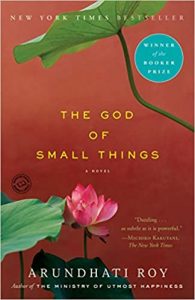
SS: I feel the same way about The Kite Runner. I was in Kabul during the time that novel starts, so it’s particularly poignant to me since I can visualize that city as it once was. Do you generally write in one genre? If so, what is it? And what can readers expect from one of your books?
LH: I don’t write in one genre, although Last Tang Standing is a comedic contemporary romance. I think what readers can expect from my books/works is honesty, and where appropriate, humour, written in an original way from an #ownvoices perspective.
SS: What are you working on at the moment?
LH: A sequel to Last Tang Standing, and a standalone #ownvoices novel set in Singapore/Malaysia.
SS: What would a fly on the wall see if he watched you while you are writing?
LH: Lots of swearing and rage-eating. So much rage-eating.
SS: What works best for you: typewriters, computer, dictation, fountain pen, or longhand?
LH: I write everything on my screens. I jot down ideas on an app on my smartphone, especially when I’m struck by inspiration at night.
SS: Regardless of genre, what are the elements that you think make a great novel? Do you consciously ensure all of these are in place?
LH: Character development or unveiling. And well-structured prose. I can forgive books that aren’t “plot-heavy” so long as the book is well-written on these two fronts.
SS: Do you ever incorporate something that happened to you in real life into your novels?
LH: Of course … has there even been a writer who didn’t draw from their lived experiences?
SS: What advice would you give aspiring writers?
LH: Read widely, write from the gut, and write regularly. Don’t wait for the muse/inspiration to strike.
SS: What are common traps for new authors?
LH: Getting discouraged when they compare their work in progress with a finished manuscript and thinking their WIP can never measure up. The finished book you see has gone through extensive (usually) revision.
SS: The discussion of the importance of diversity in literature has been ongoing for decades but has become much more visible over the past few years. How does your novel fit into this schema?
LH: I benefitted from the push for ownvoices literature, especially contemporary Asian literature set outside of the US/UK, because of the success that is the Crazy Rich Asians trilogy. Every day I kiss the poster of Kevin Kwan that I hung on my bedroom. My husband isn’t too pleased about it.
SS: #OwnVoices is a term coined by the writer Corinne Duyvis and refers to an author from a marginalized or under-represented group writing about their own experiences/from their own perspective, rather than someone from an outside perspective writing as a character from an underrepresented group. How do you feel about authors who write outside of their own experiences? Should a writer only write about what he/she knows?
LH: I’m conflicted about this. I personally don’t believe in policing authors (white or BIPOC) from writing across racial boundaries, nor should the onus of doing the right thing be placed solely on authors. The industry itself needs to step up and publish and champion more works by #ownvoices authors. However, that doesn’t mean I think it’s a free-for-all. In a free world you should be able to write whatever you want, but market forces will dictate if anyone will actually buy your work. I think there are a few questions that an author who is writing outside of their own perspective have to answer if they decide to embark on this. They should ask themselves if they are really the best persons to write this story, what they are trying to achieve by writing a POV character from a marginalized background especially if they are from a more “privileged” background, if they choose to write about the marginalized group’s lived experiences as though they’d lived it then for what purpose (intention), how much research and care has gone into the writing of these characters (execution), and the genre they are writing in. I think these guidelines serve as a useful starting point for interrogation and reflection.
Speaking from my standpoint, I’m a Malaysian Chinese, I write from a position of relative privilege where I’m from, and I would be careful in how I exercise this privilege.
Most of all, we have to avoid causing harm as best as we can.
SS: Pantser or Plotter?
LH: PLANTSER.
********************
Last Tang Standing is an #ownvoices comedic epistolary novel set in Singapore that explores love, friendship and family through the lens of a 33-year-old Chinese-Malaysian singleton, Andrea Tang, who is determined to climb the corporate ladder in her prestigious law firm, yet must appear to date towards marriage in order to appease her family. It’s being comped as Bridget Jones’s Diary x Crazy Rich Asians.
Last Tang Standing is available for purchase through:
Amazon | B&N | PenguinRandomHouseUS | PenguinRandomHouseUK
********************
Lauren can be followed here on social media:
Website | Twitter | Instagram | Facebook
********************
This post contains Amazon Affiliate links. As an Amazon Associate, I earn a small amount from qualifying purchases.
